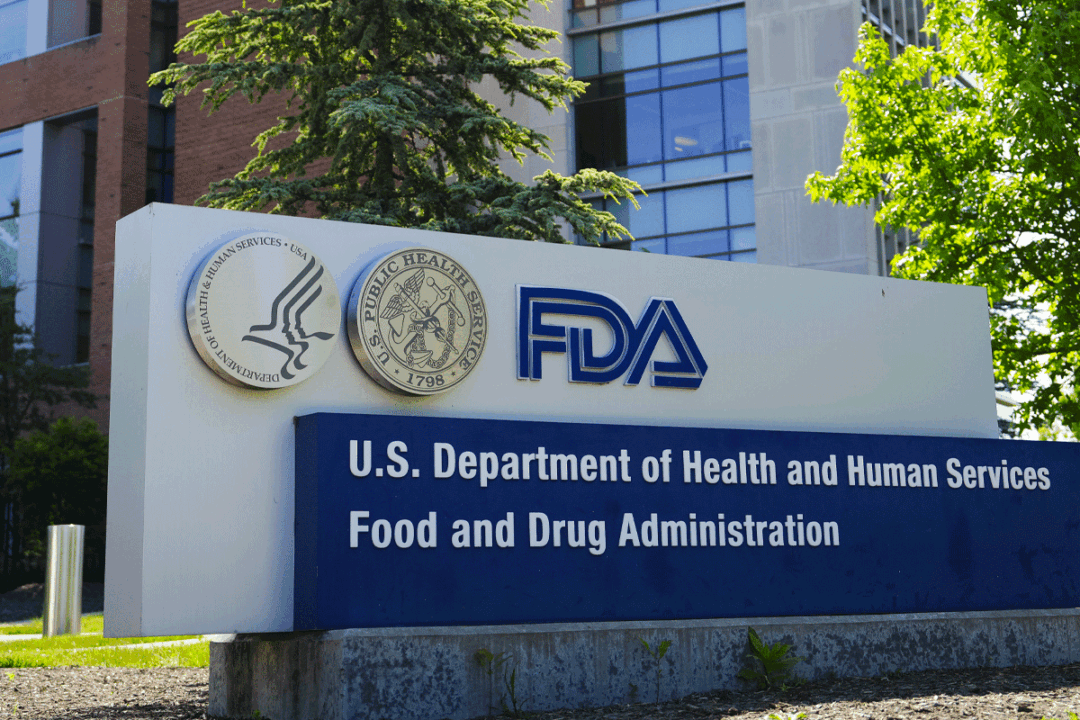The U.S. Food and Drug Administration (FDA) on Aug. 29 issued a new rule that mandates checking identification for all people aged under 30 who are trying to buy tobacco products like cigarettes.
Regulators said that retailers must verify “by means of photographic identification” that people purchasing cigarettes, smokeless tobacco, and other products with tobacco are 21 or older.






